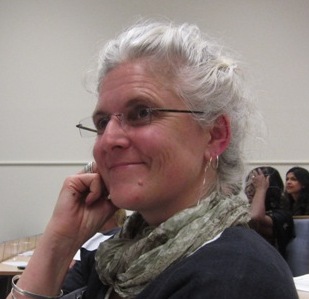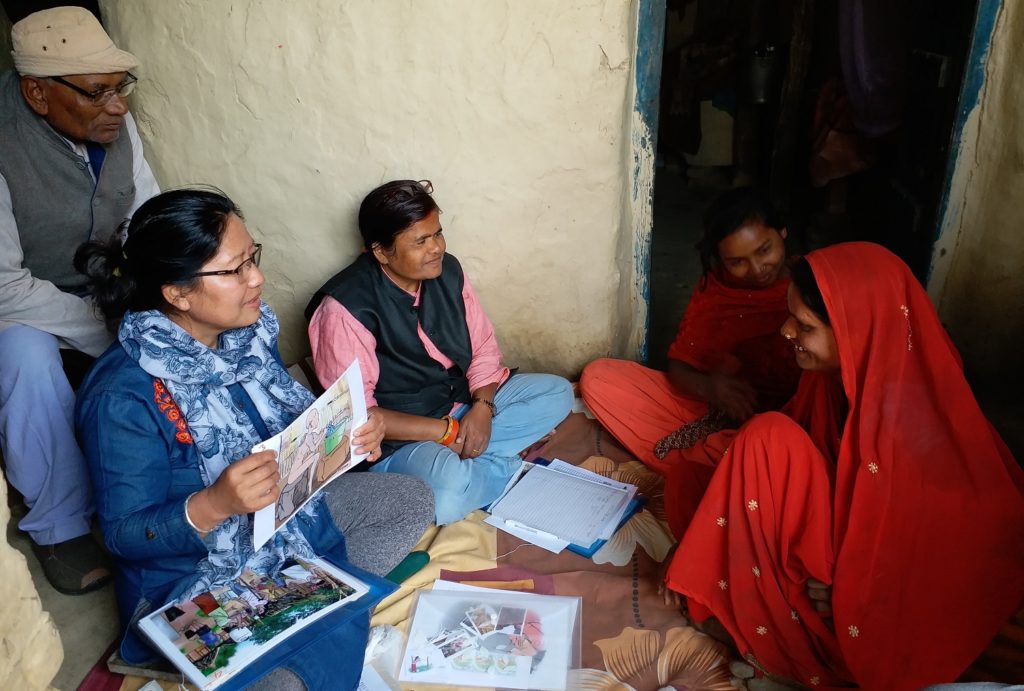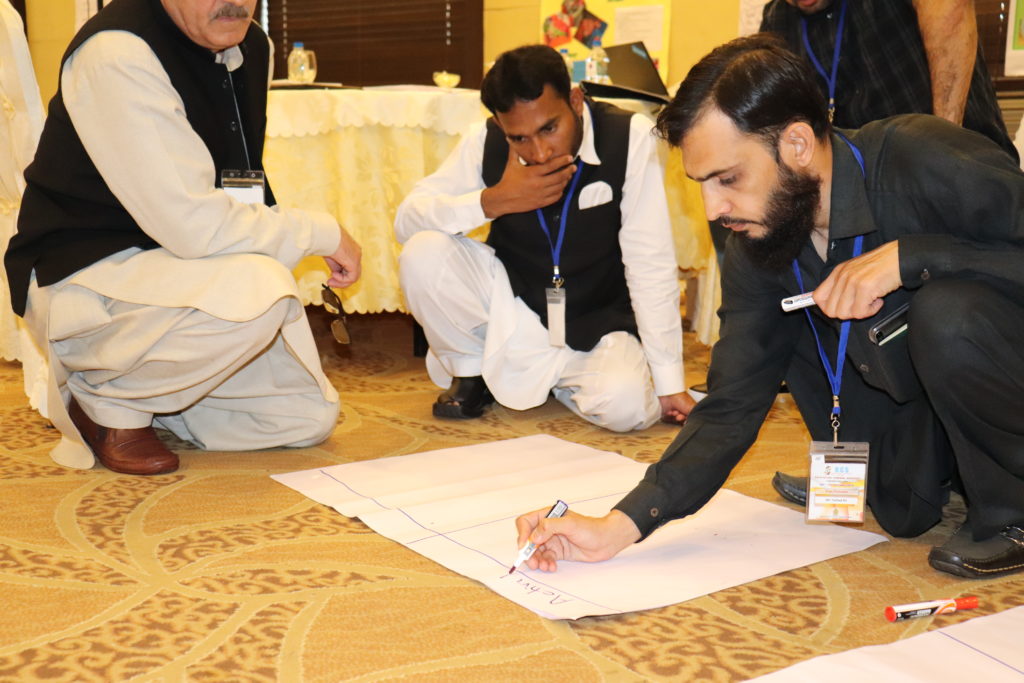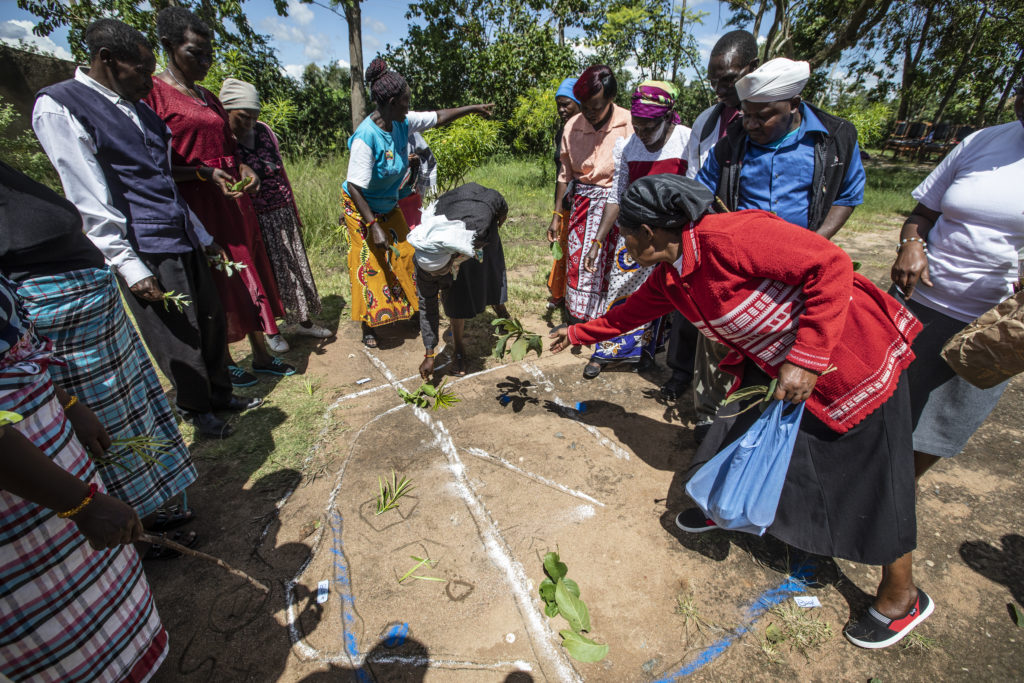This blog is the last in a series of five on the IDS Sanitation Learning Hub supported rapid topic exploration on learning in the WASH sector.
You can read the other blogs here:
- No 1: “Learning about learning” in the sanitation and hygiene sector
- No 2: Innovative approaches for inclusive community learning
- No 3: Learning peer-to-peer for sub-national and field level actors
- No 4: What prevents us learning and translating it into action at scale?
See also the associated Learning Paper and Learning Brief.
The rapid topic exploration on learning in the sanitation and hygiene sector as shared in the first four blogs, resulted in a number of recommendations for strengthening learning within the WASH sector. These have been split into four groups, although each are inter-connected and influence the other.
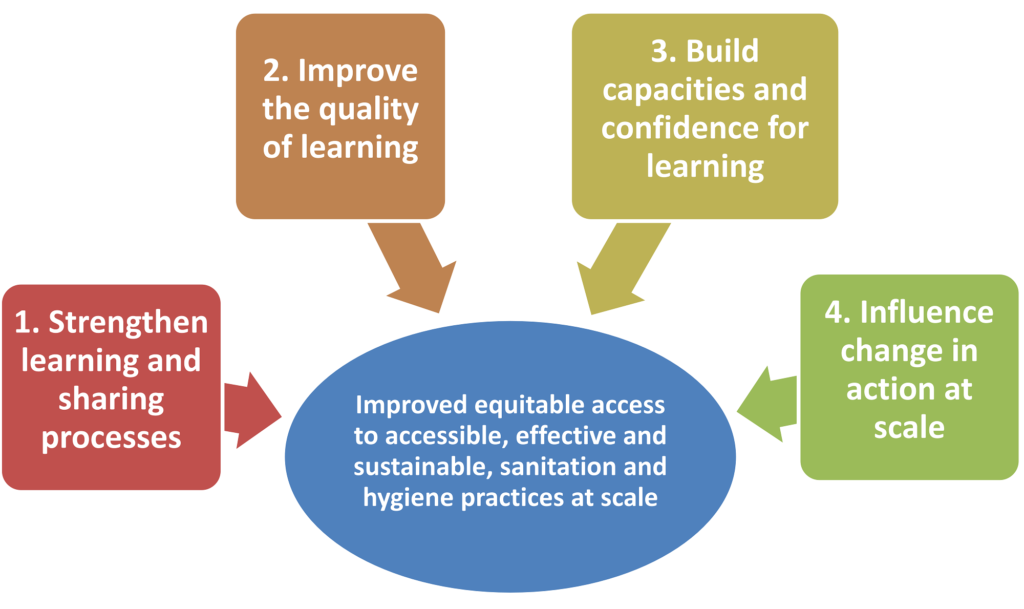
1. Strengthen learning and sharing
It is clear that there are already a range of positive examples of how organisations are trying to integrate learning and sharing into their systems and processes. For example, through the establishment of dedicated learning or knowledge management teams or posts, supporting their wider staff bodies to undertake learning and documentation related tasks, or through the formalisation of ‘pause and reflect’ activities. So, there are positive opportunities to learn from, if there is more sharing of experiences of how learning happens within our organisations – and in particular, how we can better systematise the process of reflection, learning and turning this into action.
There is a need to pay more attention to how to learn better from communities and in particular from people who may be most vulnerable, marginalised or otherwise disadvantaged, including how to ‘Do no Harm’ when learning and trialling less commonly used participatory methodologies to establish how learning from communities can become more effective. See Blog 2 for more information.
2. Improve the quality of learning
There is a need to reflect on how we learn most effectively, paying more attention to utilising the most effective methods and strengthening the quality of learning opportunities. See Blog 1 on how we learn best.
We need to encourage sector actors to be more open about the challenges being faced and learning from things that did not work as planned, learning from failures. As part of this we need to reflect on our own common errors, myths, biases and blind-spots and to consider how to reduce or minimise potential negative impacts from them.
There is a need to increase the diversity of opportunities for learning and contributions to learning. This should consider the barriers that different people may face in being able to take part, including for people of different genders, age, backgrounds and people with disabilities.
The need to strengthen how we assess the effectiveness of our learning and sharing processes were highlighted by a number of respondents, who also shared the challenges in doing this, particularly as learning itself is a process and happens over time, with different opportunities for learning building on each other and contributing to the overall process of change. It was also highlighted that often our monitoring and evaluation (M&E) systems are designed to meet the needs of the donors and are not always particularly useful for strengthening programmes. So, it is recommended that we should review our M&E systems to consider this. In conjunction with donors, we should consider if and how they can be modified to increase usefulness for on-going learning for programmes, to result in better practical guidance and quality programmes and how we can turn this learning into action.
Practitioners still struggle to make use of academic studies and papers and there is still divergence in understanding between some academics and practitioners on the relative value of qualitative and quantitative approaches to research and learning and what is considered acceptable ‘rigour’, even though different kinds of learning have different uses. There are however, also a number of positive examples in the sector of academics and practitioners working together to undertake research and learning. This has resulted in practical recommendations which have been described in ways that practitioners can more easily understand, for example, in relation to techniques such as spraying of chlorine in disease outbreak responses and how to more effectively clean water containers. There is still clearly a need to reflect on different kinds of rigour and the value of qualitative versus quantitative approaches, bringing together people supporting the different kinds of research and learning on the spectrum, for increased mutual understanding and respect of the different purpose and value of different methods.
3. Build capacities and confidence for learning
A government actor emphasised the need to reach the professionals working at local government authority levels and at community leadership levels, as these are the people who are often responsible for turning the learning into action at scale. But that they are often overlooked, and we often do not package the learning in formats suited to their needs, including in local languages. It is essential that governments are in a leadership position wherever possible from the early stages of learning processes, and supported in a coherent manner by others in these processes, if we are to speed up the use of learning to be able to influence change at scale. See also Blog 3 for more information on this.
So, there is a need to increase efforts to support opportunities for learning and sharing for local government and field staff. One area, that needs particular attention, is the need to build capacities and confidence on how to learn, document and share learning. See Blog 3 for more details.
In response to the diversity of backgrounds of actors in the sector, it would also be positive to consider if the sector could develop some form of accreditation for WASH sector staff, with basic core competencies and a need for continued professional development targets to encourage on-going learning as core to the WASH sector’s work. Such systems of accreditation and use of core competencies, are already used for a number of professions working within our sector, such as for engineers, for accountants and human resource professionals. So, there are several existing resources that as a sector we could learn from.
There are also opportunities to establish more regular links with masters and doctorate students, particularly those from low- and middle-income countries. This would offer multiple benefits, including increased opportunities to learn on specific issues by people not swamped with daily work requirements. It would also offer experience and learning opportunities for the professionals who may come to work in the sector in the future, bringing with them increased research skills.
There are also other great opportunities for expanding the effectiveness and reach of learning and for turning that action into scale, such as through long-term partnerships and the strengthening of local government and national WASH networks. This includes building skills at national and sub-national levels to be able to undertake more effective learning, documentation and learning processes, including through the use of participatory techniques. It also includes through the training of local facilitators, researchers and consultants, or through the establishment and management of resource centres or platforms.
4. Influence change in action at scale
When thinking about the learning processes, it is important to consider from the start, how the process of learning and turning it into action, can happen in an iterative manner and at increased speed and effectiveness at scale. You can read more on this in Blog 4.
There is a need for increased collaboration and coherence of support by external agencies to government, particularly for the development of updated and new strategies. There should be an aim to reduce competition and drive for our logos to be stand-alone to prove our importance as individuals or organisations; and instead to see the wider picture that consider the multiple opportunities that collaborating with others and fostering joint ownership can lead to.
For change to happen at scale there is a critical need to increase leadership for learning by, and engagement with, government at different levels, including representatives from local government to senior decision-making levels. Without the commitment of leadership, at political, sector and organisational levels, on the essential need for making time, space and efforts for learning and sharing that learning; it is unlikely that we will be able to speed up the process of learning and turning that learning into action at scale.
Question for you?
What will be your contribution to strengthening the learning processes in our sector and influencing change in action at scale?



